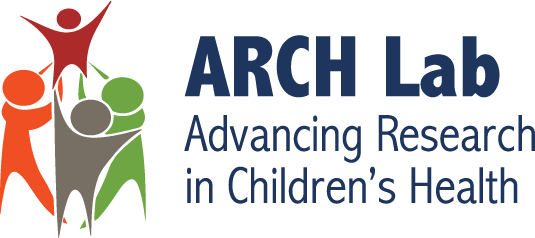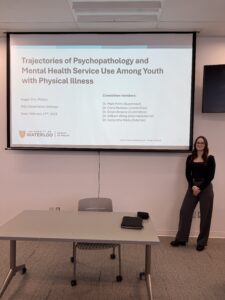ARCH Lab contributed to a study titled “Trajectories of quality of life 10 years following a diagnosis of epilepsy in childhood” which assessed the trajectories of health‐related quality of life (HRQOL) over a 10‐year period among children who had recently received an epilepsy diagnosis.
Data came from the Health‐Related Quality of Life in Children With Epilepsy Study, a Canada‐wide prospective cohort study of children (aged 4‐12 years) with newly diagnosed epilepsy. Parents reported on their children’s HRQOL at various time points starting at diagnosis up until the 10‐year follow‐ups. Quality of life was measured using the Quality of Life in Childhood Epilepsy Questionnaire–55.
From the results, four unique HRQOL trajectories were identified; low and stable scores (11%), intermediate and stable scores (18%), intermediate scores that increased then plateaued (35%), and high scores that increased then plateaued (43%). Additionally, there were a few factors that were associated with better long‐term HRQOL trajectories: the absence of comorbidities, less severe epilepsy, and better family environment at the time of diagnosis.
Overall, this paper found that health-related quality of life improves for the majority of children in the first 2 years after diagnosis, with these improvements sustained long term.






